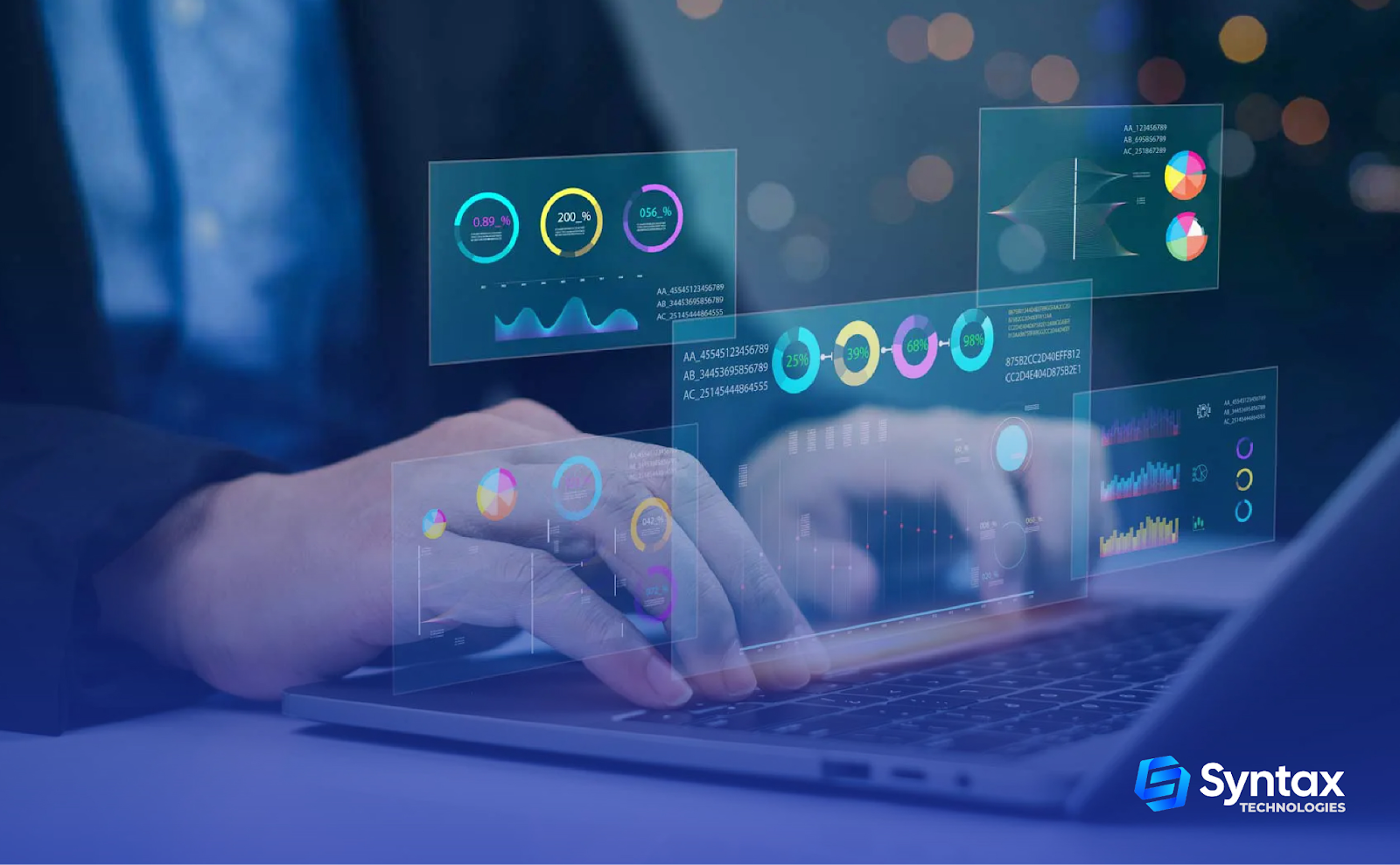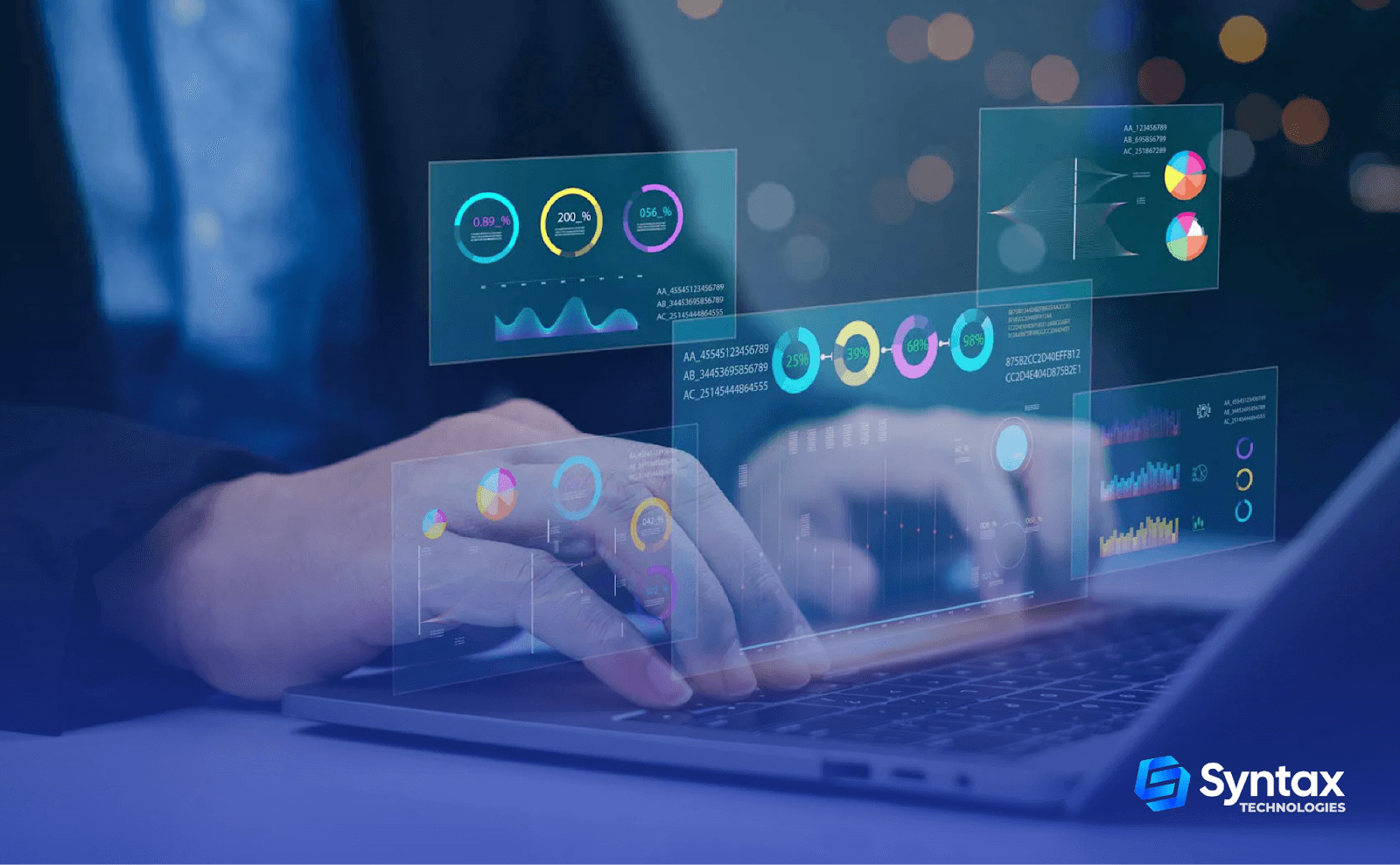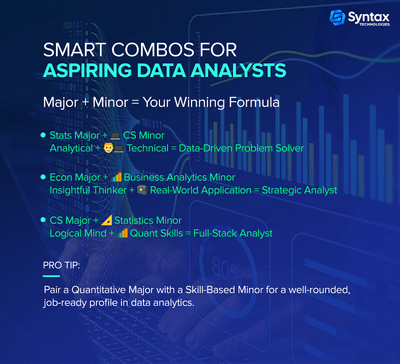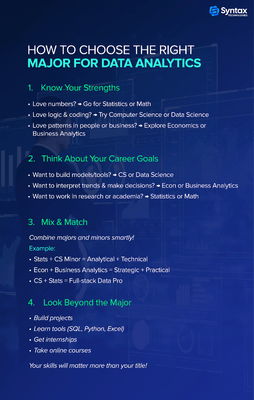So, you’re thinking about diving into data analytics and wondering, “What’s the best major to pick?” You’re not alone—this is one of the most common questions for anyone eyeing a future in this fast-growing field. The good news? There’s more than one path to a successful data analytics career. Let’s break it down together.

Why Does Your Major Matter?
Data analytics is all about turning raw information into actionable insights. Companies in every industry—tech, healthcare, sports, finance, you name it—are hungry for people who can make sense of data. The right major can give you the foundation you need, but it’s not the only thing that matters. Skills, internships, and real-world projects count too. Still, your major sets the tone for your learning journey.
The Top Majors for Data Analytics
Let’s look at the most popular—and practical—majors for aspiring data analysts, along with what makes each one a strong choice.
1. Data Science or Data Analytics
Some universities now offer dedicated data science or data analytics majors. These programs are tailor-made for the field, blending statistics, programming, and business know-how.
You’ll spend your time learning how to clean up messy data, build predictive models, and make dashboards that actually tell a story. By graduation, you’ll have tackled real-world projects that look a lot like the work you’ll do on the job.
If you want a focused, job-ready experience, this is a strong pick.
2. Statistics or Mathematics
If you’ve always been the person who enjoys finding patterns or solving puzzles, a statistics or mathematics major could be your cup of tea. These majors teach you how to make sense of numbers—how to spot trends, test hypotheses, and avoid getting overwhelmed by randomness (Probability, statistical modeling, hypothesis testing, and more).
What’s interesting is that almost every data analytics job relies on these skills. You’ll learn how to build models that predict the future or explain the past, and you’ll be comfortable with concepts like probability and regression.
3. Computer Science
If you love building things or automating boring tasks, computer science might be your thing. Data analytics today is powered by code—Python, R, SQL, and more. With a CS degree, you’ll be able to handle huge datasets, write scripts to clean and analyze data, and maybe even delve into machine learning.
The bonus? You’ll also learn about algorithms and software engineering, which means you can work on the tools that data analysts use, not just use them.
4. Business Analytics or Information Systems
Some people are less interested in the complexity of numbers or code and more excited about how data actually drives business. If that’s you, business analytics or information systems could be a great fit. These majors are all about using data to solve real business problems—think marketing campaigns, supply chain optimization, or customer insights.
You’ll get hands-on with data visualization, learn how to present findings to non-technical people, and understand how organizations use data to make decisions. If you see yourself working closely with business leaders or in consulting, this path is practical and in demand.
5. Economics
Love understanding how markets move or why people make certain choices? Economics majors spend a lot of time with data, learning how to analyze trends, forecast outcomes, and test theories about how the world works.
You’ll get a solid grounding in statistics and learn to use data to answer big-picture questions. Many analysts in finance, consulting, or government started with economics. It’s a smart choice if you want a blend of data skills and real-world application.
What About Other Majors?
Don’t worry if your school doesn’t offer a “data analytics” major. Many successful analysts come from fields like engineering, physics, psychology, or even biology. The key is to pick up the right skills along the way: statistics, coding, and data visualization.
Real-World Data: What Do Employers Want?
According to a LinkedIn analysis, the top skills for data analysts include SQL, Python, data visualization, and statistical analysis. Another survey by the U.S. Bureau of Labor Statistics highlights that most data analysts have degrees in math, statistics, computer science, or business. And job postings often mention a bachelor’s in a “related field”—so there’s flexibility.
Conclusion: There’s No One-Size-Fits-All
The “best” major for data analytics depends on your interests, strengths, and career goals. Whether you pick data science, statistics, computer science, business analytics, or economics, what matters most is building a solid mix of analytical, technical, and communication skills. And remember, your major is just the start—real growth comes from what you do with it. So, pick a path that excites you, stay curious, and start crunching those numbers.


